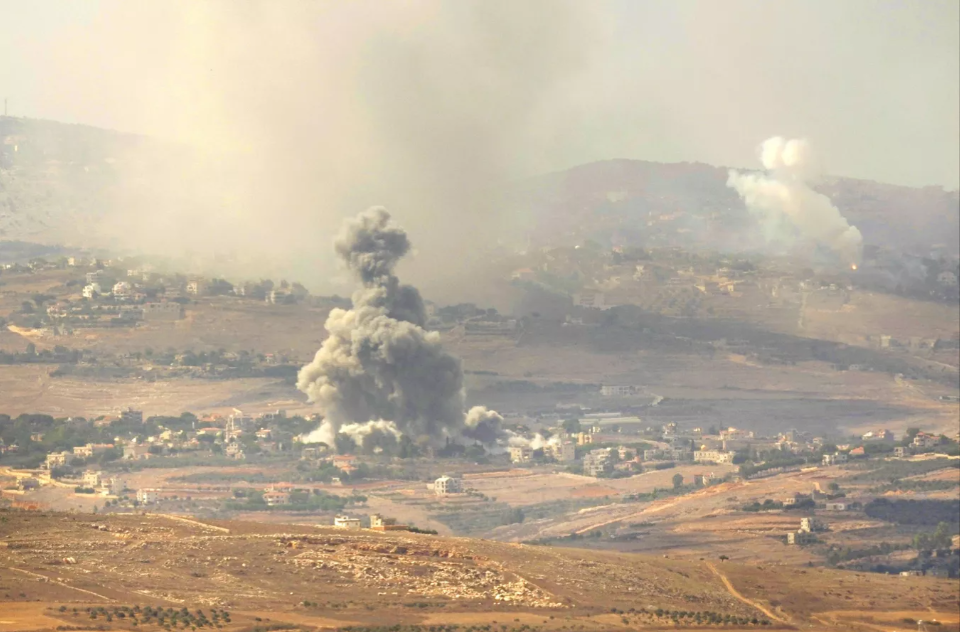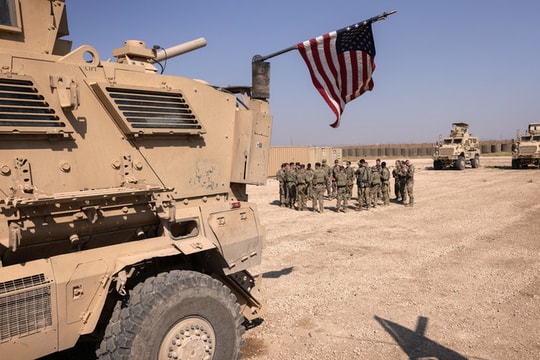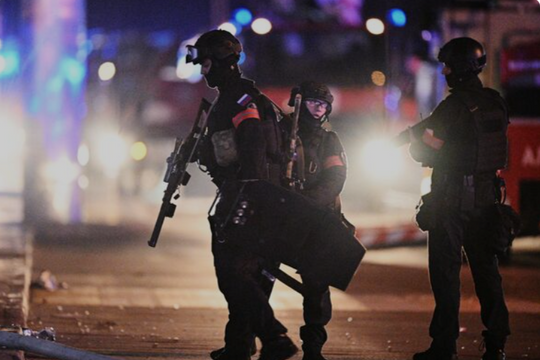Former Pentagon adviser talks about the conflict in the Middle East
Former Pentagon adviser McGregor said the US should focus on the spreading conflict in the Middle East, instead of in Ukraine.

According to RIA Novosti, former Pentagon adviser Colonel Douglas McGregor, in a conversation with Norwegian political scientist Glenn Diesen, said that the US should focus its attention and resources on military operations in Lebanon and the war in the Middle East, not on the Ukraine conflict.
“I believe that the conflict in the Middle East now poses a much greater danger to us than what is happening in Ukraine. The real issue we have to worry about is how to avoid a major conflict in the Middle East. That seems increasingly inevitable,” the former Pentagon adviser said.
In addition, Mr. McGregor believes that, in the context of the looming threat in the Middle East, as well as many other factors, the West, in the shortest possible time, may eventually cut military support for Ukraine, thereby bringing an early end to the conflict.
"The situation could change if Ukraine suddenly does something contrary to the proposals from the US and the West. But if that does not happen, I think the conflict in Ukraine is more likely to end by the end of this year, with many other events such as political changes in Europe, changes in the situation in Ukraine and the advance of the Russian army" - the former Pentagon adviser commented.
Also regarding the escalating tensions on the Israeli-Lebanese border, Jordanian Foreign Minister Ayman Safadi called for an end to the escalation in Lebanon “before it is too late”.
"We stand in solidarity with Lebanon and condemn Israel's aggression against it. We stress the need to ensure the implementation of resolution 1701. The escalation must stop immediately, before it is too late. This is an international responsibility that the UN Security Council must immediately take on," Jordan's foreign minister wrote on social network X.
The conflict between Lebanon and Israel escalated after the Israeli army carried out an attack on the southern Beirut suburb of Haret Hreik on July 30, completely destroying a residential building. Seven people were killed, including senior Hezbollah commander Fuad Shukr. In August, Hezbollah leader Hassan Nasrallah said that Israel's actions had "crossed all red lines" and that a response to such an attack would be forthcoming. Tel Aviv, in turn, warned that any aggression could lead to large-scale devastation in Lebanon.





